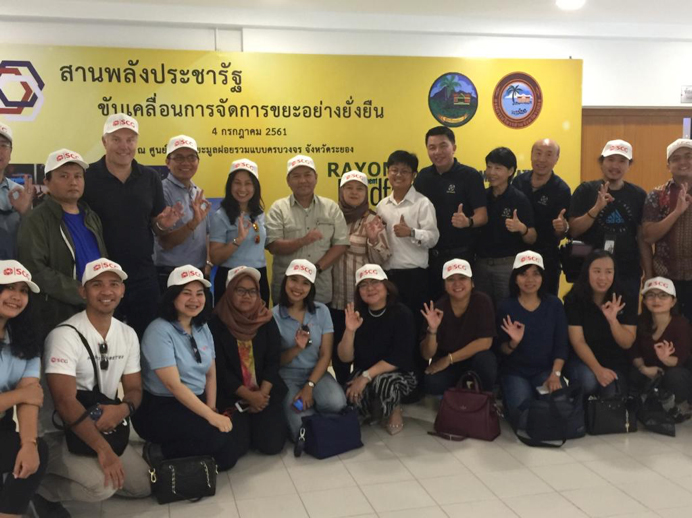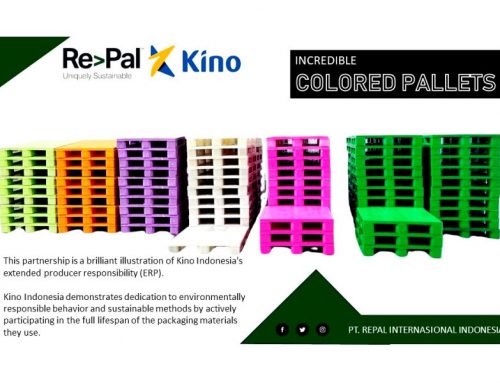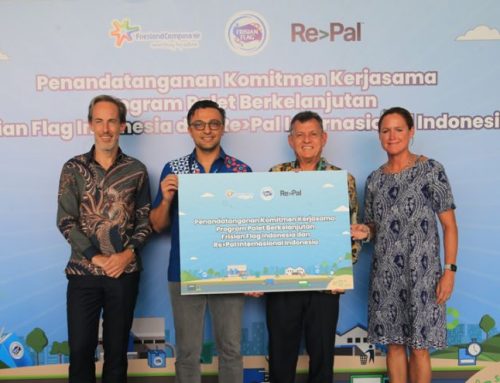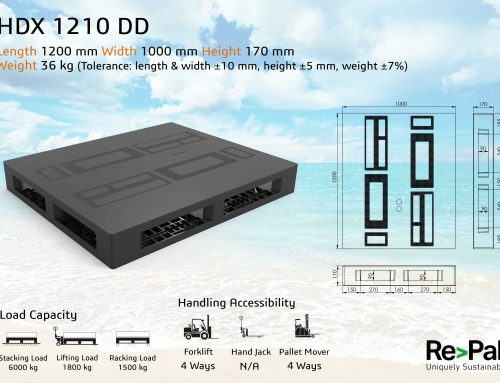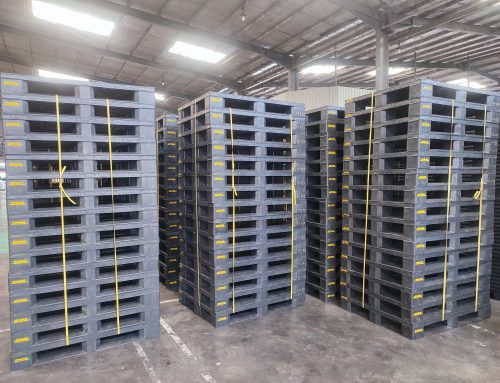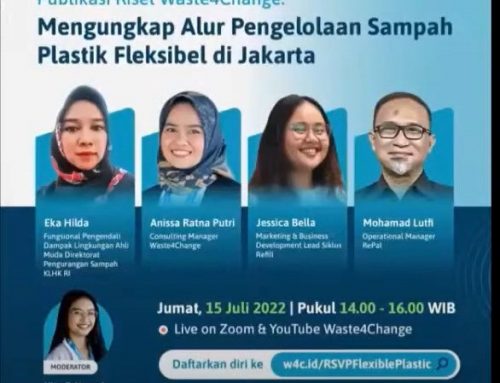This month I was fortunate enough to be invited to join a delegation from Indonesia, headed by Dr Safri Burhanuddin, Deputy Minister at Coordinating Ministry for Maritime Affairs, Indonesia to attend the Circular Economy conference organised by Siam Cement Group (SCG) in Bangkok and visit a waste to energy plant in Rayong Province. Afterwards we visited a community which had been set-up by the PPP in which SCG was involved and see first-hand their successes in the circular economy.
As readers would know, at Re>Pal in Indonesia we are a keen offtake partner for anyone with waste HDPE, LDPE or PP that they might not sell or where want to have a safe partner who will reuse the plastics and not risk dumping what can’t be used. I was keen to join this delegation to understand how we might be able to help provide an outlet for more volume of recovered waste plastics in Indonesia as and when the market matures under Dr Safri’s leadership.
There were several things that struck me during the visit. Firstly, at the SCG organised circular economy seminar: there were over 1,500 attendees which I believe was up from 800 last year! The circular economy is rapidly gathering momentum as the issues on climate change and the (re)use of the Earth’s resources become a mainstream issue. Visiting the Rayong “RDF” plant (Refuse Derived Fuel), the scale of the investment by the local Government of over US$50m in the plant was apparent, the plant can handle 1,000T of general mixed waste every day the aim of this plant is to incinerate the waste that cannot be recycled and the Government, with private help, is building up the recycling capability.
This includes the Rayong communities. There are over 600 of these in the Rayong Province, and with SCG’s help, as being part of a Public Private Partnership (PPP), as well as having a small army of self-motivated volunteers, each of the 28 pilot communities has set up their own community separation and plastic recycling hub. The PPP’s role of ‘joining the dots’ has helped educate the communities in segregation and selection of plastics, created the business model for plastic resale, and connected the communities to chemical companies for offtake as well as packaging clients of SCG such as 7-11 and Tesco for the inbound waste to segregate. From all of this, the families bring their plastics to the separation centre in the village, where it is sorted by volunteers and a few paid workers. Some older people are able to have a job separating plastics, where they may not be able to otherwise find paid work.
The family’s plastic is credited in a ledger, which can be exchanged for goods. The plastic is then separated and sold, unused, hard to recycle plastics are recycled into handicrafts. The enthusiasm for recycling didn’t stop at plastics. Leaves, veggies, fruits, are mulched into fertilizer. Seeds and plants grown and sold from the fertilizer, fertilizer and liquid fertilizer sold too from worm farms. Mushrooms grown and sold. What impressed me was the thoroughness of the community’s thinking through their waste streams, but more than that I was truly inspired by the enthusiasm and the smiles I saw that their project had created. The visit to Rayong culminated in the community receiving a prize for their recycling efforts from Khun Pathama of SCG and for me it was capped off with a never to be forgotten Durian fruit, which I highly recommend, as is a visit to the Rayong community recycling project.

